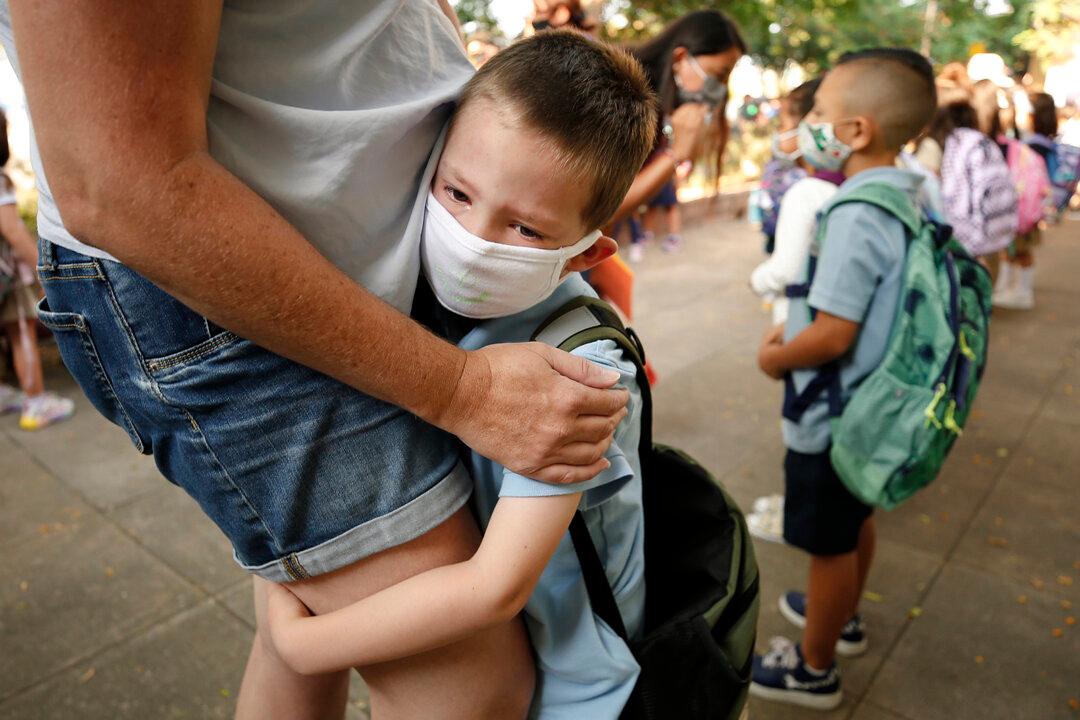By Mackenzie Mays
From Los Angeles Times
SACRAMENTO, Calif.—California is one step closer to mandating that children attend kindergarten, a requirement that would come after droves of the state’s youngest students skipped the grade during the COVID-19 pandemic and heightened learning gap concerns.





